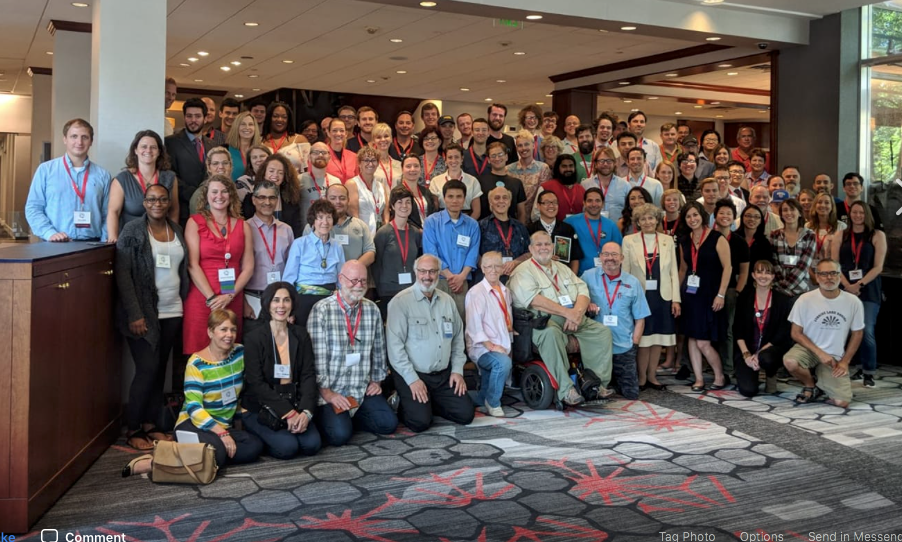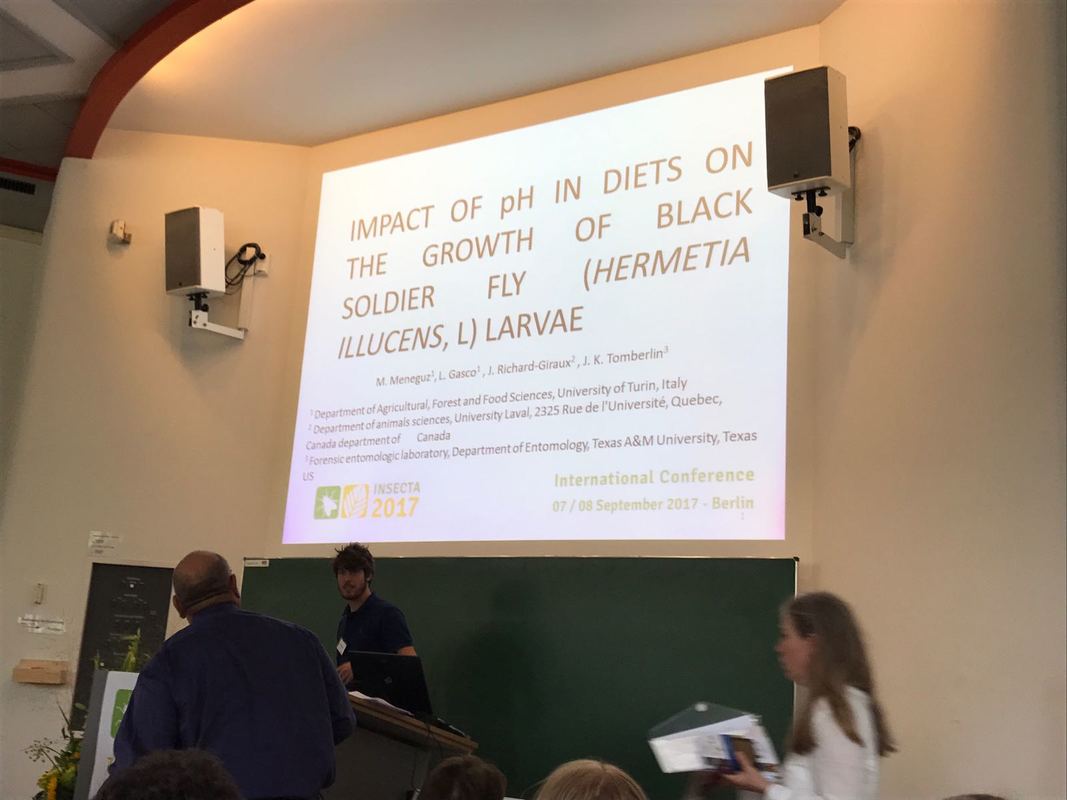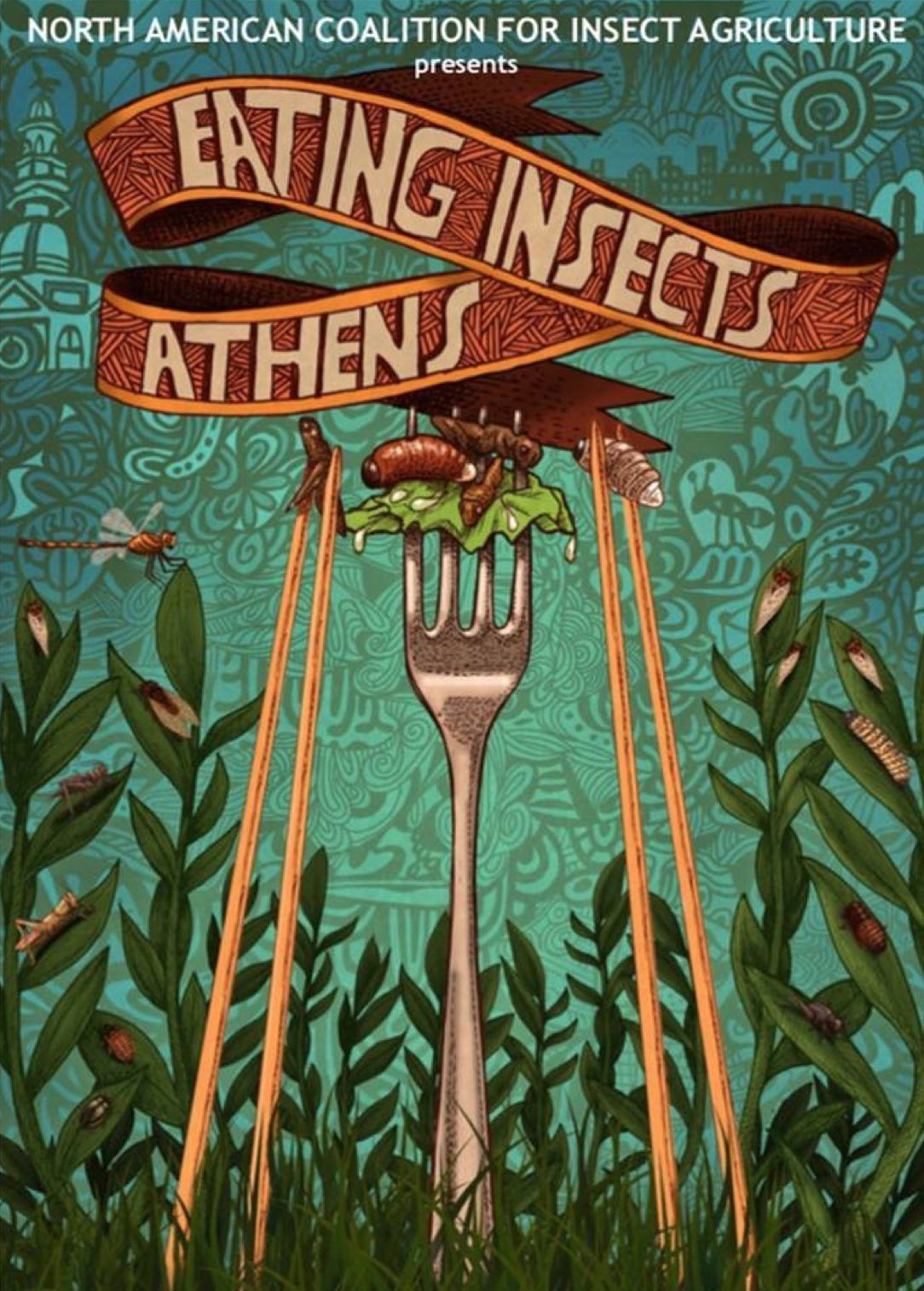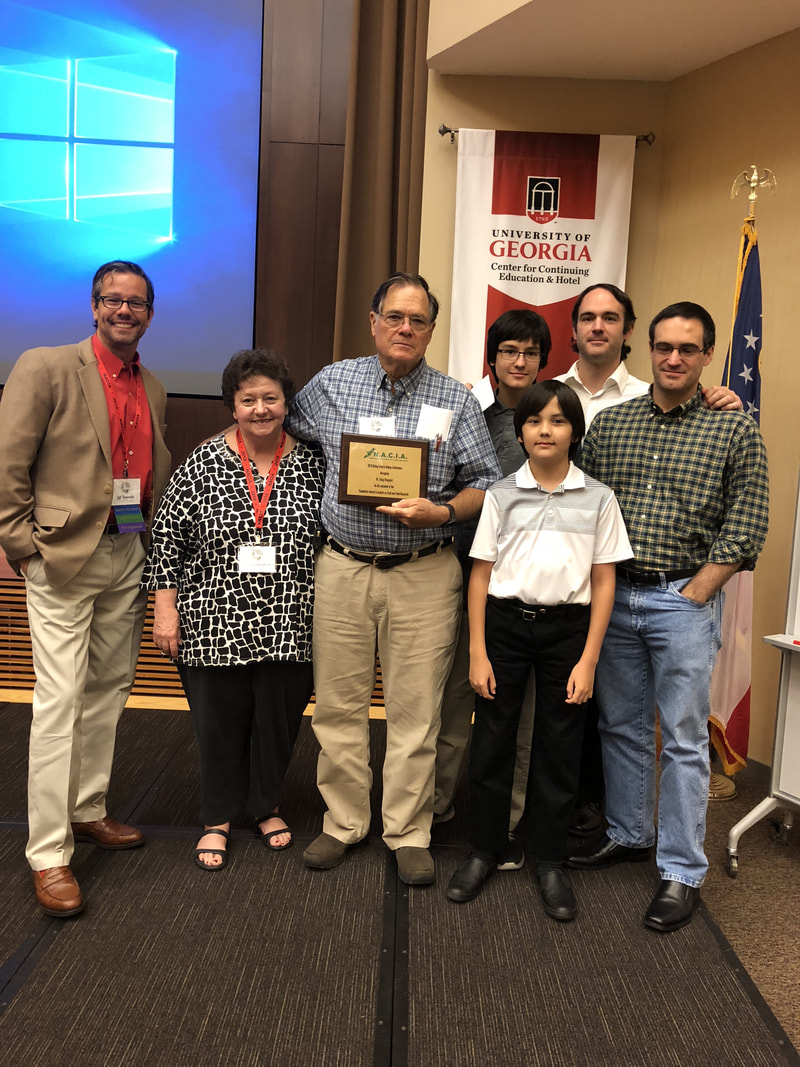|
A collaborative paper out of the Gasco & Tomberlin labs . This study was completed in collaboration between Tomberlin at Texas A&M University with Marco Meneguz and Laura Gasco with the University of Turin in Italy. Marco had a chance to spend a few months working with Tomberlin (strange to write about myself in this fashion- but good for the blog) and his lab. Marco did a great job as you will read about in his paper. Laura- thanks for the opportunity to collaborate. The paper is: Meneguz, M., L. Gasco, and J. K. Tomberlin. 2018. Impact of pH and feeding system on black soldier fly (Hermetia illucens, L; Diptera: Stratiomyidae) larval development. PLOS ONE 13: e0202591. Major findings from the study: 1. Black soldier fly larvae can digest waste that varies in pH 2. Daily vs total feeding impacts larval development time (try to do single feeding- results in faster development) 3. More work is needed to figure out how pH is interacting with the microbiome of the BSF so that the system can be enhanced more. Thoughts to Consider: One thing to keep in mind is that pH is just one factor within the system. We need to systematically break the system down and determine what other factors are impacting larval production/waste conversion by the BSF. Other factors: oxygen or CO2 levels, temperature, larval density, container dimensions, particle size, and the list goes on and on and on. :) A key aspect of this study, like any other laboratory study, is, how do these results translate to industrial scale? Are they consistent? Something else to think about with these data- can you, or do you need to, manipulate pH with waste you are digesting with BSF larvae? I am still not fully convinced they can handle all pH levels. And, I do think manipulation of pH could be used to enhanced production- we just do not know how to do this manipulation yet. AuthorJeffery K. Tomberlin, PhD, Proud of Marco!
0 Comments
I had the privilege to attend the Eating Insects, Athens, Georgia Conference a little over one week ago. And, I have to say- if you were there, you know how great an event. For those unable to attend this year- hopefully you will be at the next one- possibly in Austin, Texas?!  There are many items to highlight. The greatest event was the recognition of Dr. Florence Dunkel at Montana State University, and Dr. Craig Sheppard with the University of Georgia. Dr. Dunkel was recognized for her efforts with insects as food, while Dr. Sheppard was recognized for his efforts with the black soldier fly. I have to say, Joseph Yoon of Brooklyn Bugs did an exceptional job preparing wonderful cuisine with insect flair. There were also a number of wonderful presentations spanning insects as food and feed in terms of industry and research. A SPECIAL THANKS to the organizing committee- Marianne Shockley, Justin Butner, Cheryl Pryer, Joseph Yoon, Valerie Stull, and Robert Nathan Allen. Others to be thanked include all speakers, industry reps (e.g., Enviroflight, Aspire, Enterra, EVO), and sponsors (NACIA, Brooklyn Bugs, Little Herds, MIGHTi, ENTOMO Central, and UGA Bug Dawgs) AuthorJeffery K, Tomberlin, PhD, grateful for new friends made while in Athens, GA Once you collect your BSF larvae, you need to decide how best to dry them so that you can store them potentially long-term (outside of freezing) or use as a treat or feed. This paper is the first to my knowledge on this topic- drying technique. Huang, C., W. Feng, J. Xiong, T. Wang, W. Wang, C. Wang, and F. Yang. 2018. Impact of drying method on the nutritional value of the edible insect protein from black soldier fly (Hermetia illucens L.) larvae: amino acid composition, nutritional value evaluation, in vitro digestibility, and thermal properties. Eur Food Res Technol. The study examined two techniques- 1) oven dry, and 2) microwave dry. Based on their study, they conclude oven dry results in a more digestible product and retains higher levels of valine and lysine. However, if you read the results, you notice that this limitation is nutrient specific. Some amino acids remain higher with microwave drying rather than conventional oven drying. Data from the study indicate composition of many amino acids was higher than those levels desired by the Food and Agriculture Organization (FAO) of the United Nations- this is good news. The authors conclude that conventional drying results in a better product as related to Digestible indispensable amino acid score and digestibility; however, both methods resulted in product that exceeded FAO/WHO standards for indispensable amino acid levels. I would hesitate to draw broad conclusions based off of this study alone. A question that comes to my mind is- can the process be refined (drying process- either oven or microwave) to optimize amino acid composition and digestibility? An interesting point made in the paper is related to amino acid composition and how it impacts flavor- something that should be pursued further. Does drying method impact flavor? AuthorJeffery K. Tomberlin, PhD, excited about drying method results This post is a bit off my typical path of this blog, but I just couldn't pass it up. This paper offers a great overview of how animal production (vertebrates mostly) impacts the environment. The authors recognize the limitations of the study, but point out that many of the typical industries in livestock, poultry, and aquaculture have a major impact on the environment in terms of:
The study was conducted by reviewing 148 previous studies assessing animal source food production. The article can be found at: Hilborn, R., J. Banobi, S. J. Hall, T. Pucylowski, and T. E. Walsworth. 2018. The environmental cost of animal source foods. Front Ecol Environ 16: 329-335. Based on what is known about insect farming, while not perfect, insects definitely have less of an impact on the environment when produced at a large scale- great news for the BSF! AuthorJeffery K. Tomberlin, PhD, Appreciating larger view of livestock industry |
AuthorIndividuals with over 25 years research experience with the black soldier fly. We are passionate about the science behind the black soldier fly and its ability to convert waste to protein. Get Notified Here
Archives
September 2022
Categories
All
Install an RSS app to get notified from us when a new post is up!
|
ServicesSupport |
About |





 RSS Feed
RSS Feed

